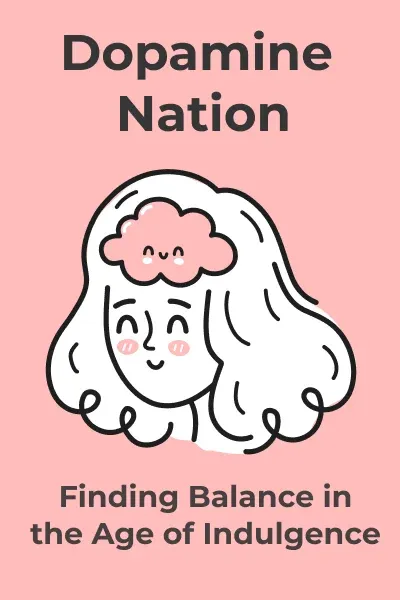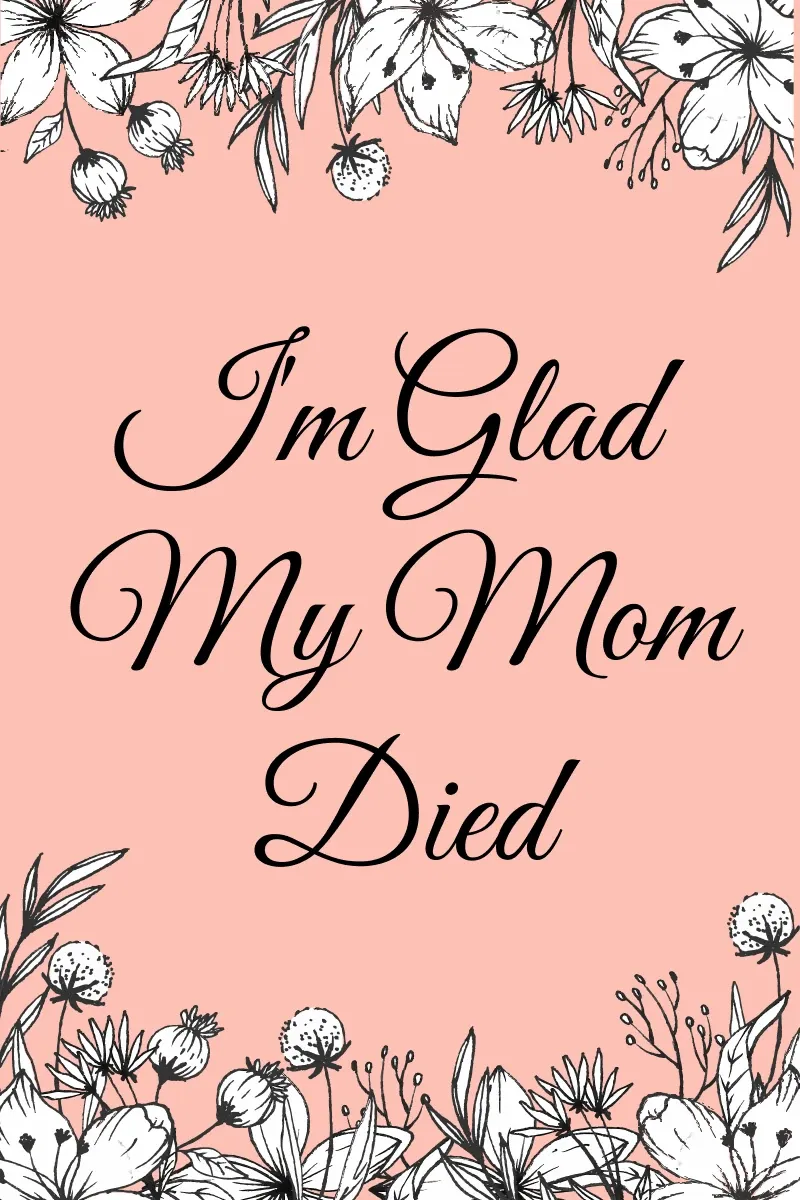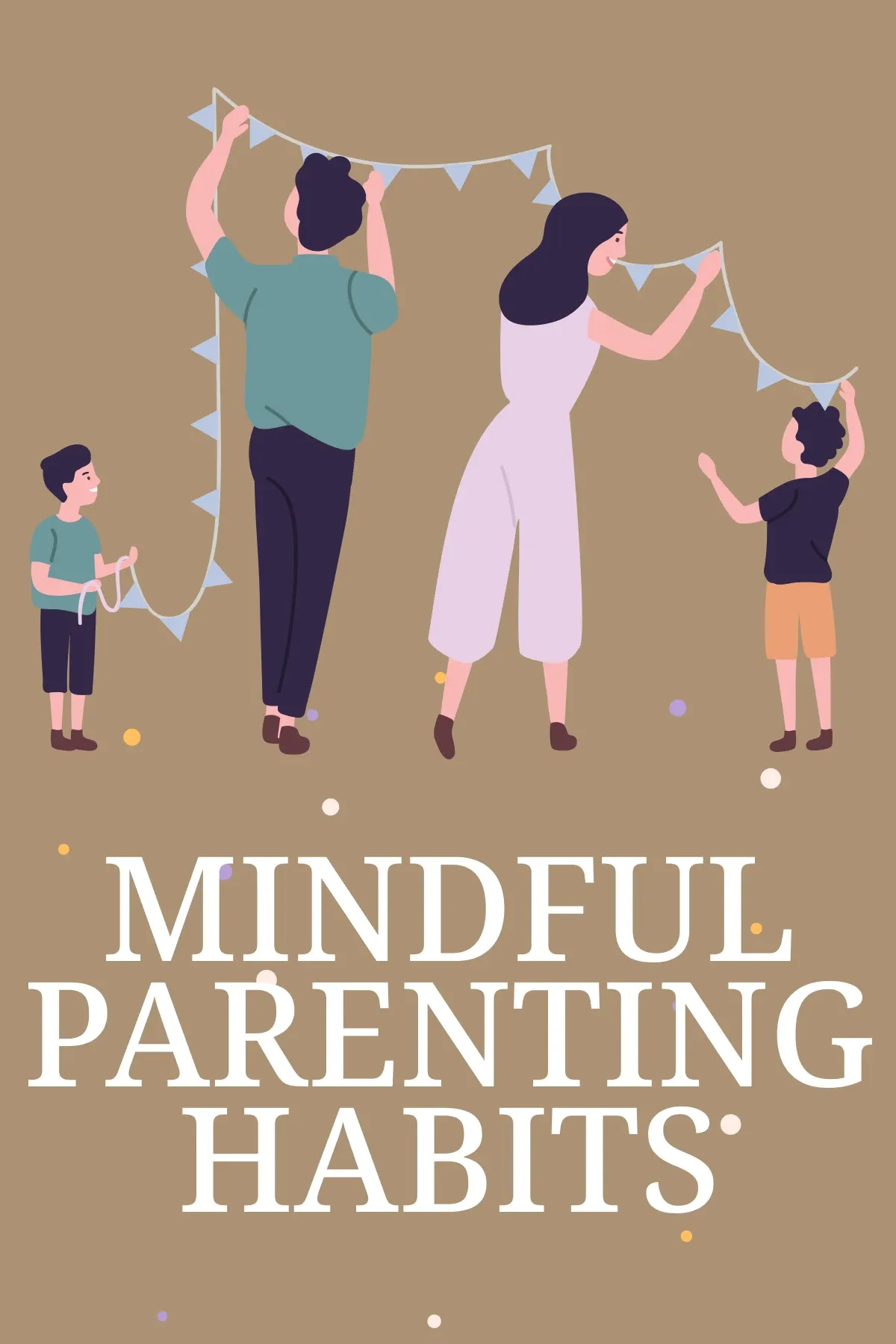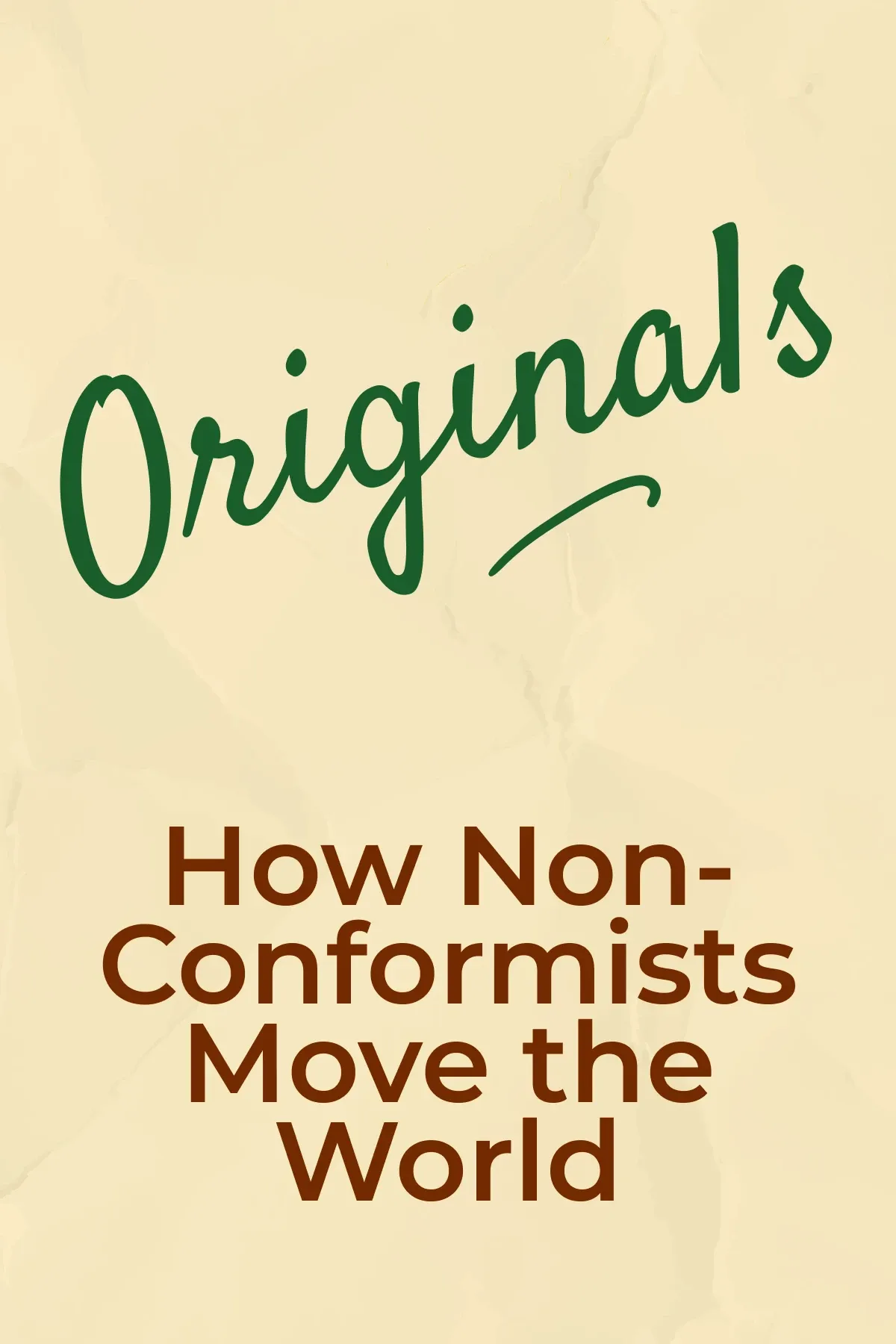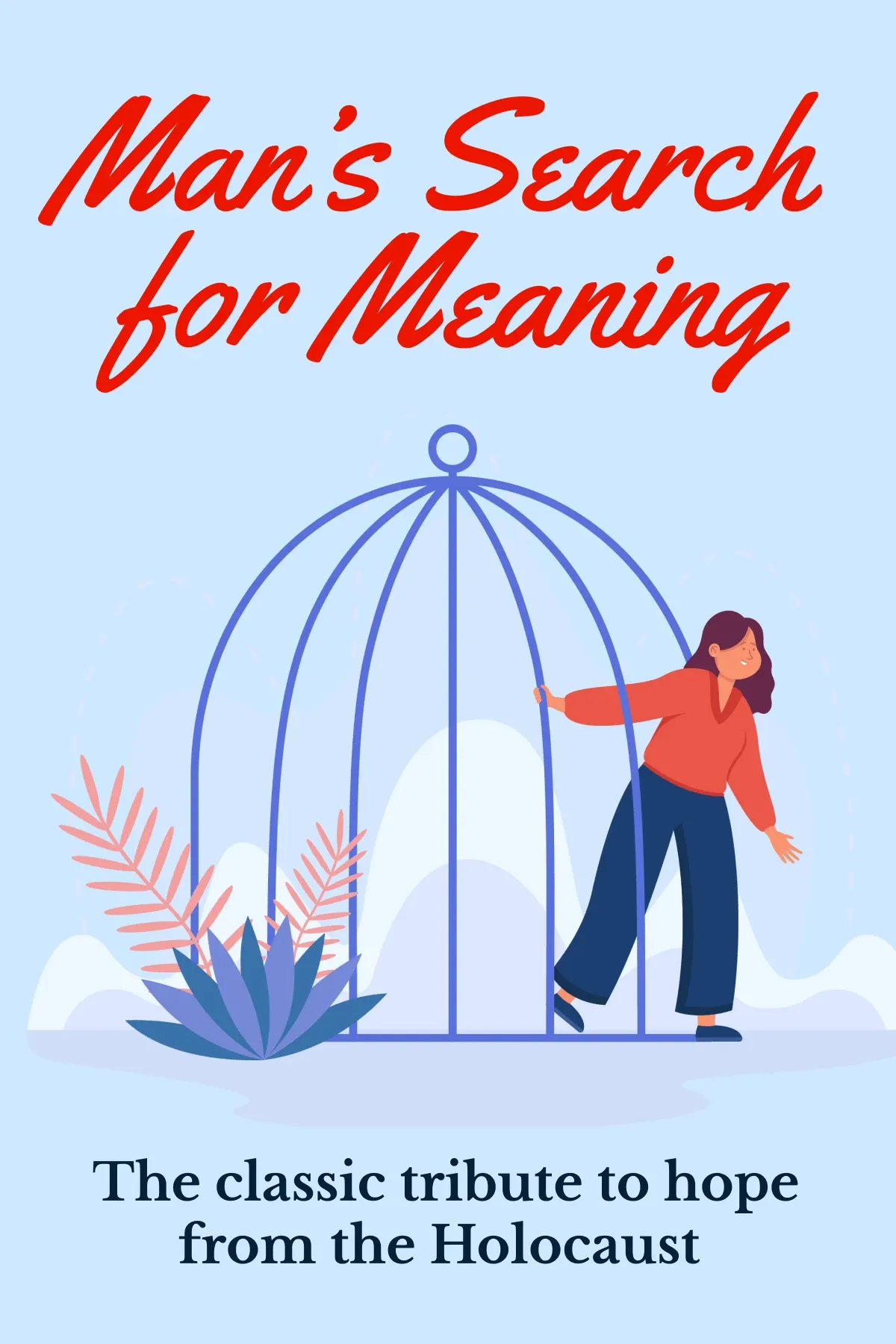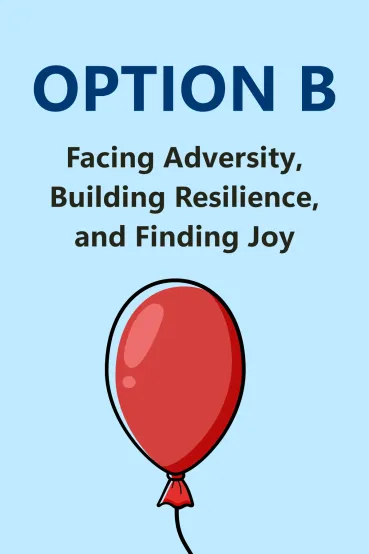
Option B
Brief Summary
“Option B” discusses the importance of recognizing common responses to traumatic events, such as hopelessness and sadness. How do we find ways to cope and move forward? Learn methods to build resilience, that will help you overcome even the hardest situations.
Topics
Key points
Key idea 1 of 7
When we experience a personal tragedy or traumatic event, it can affect us deeply, shaping our perspective and outlook on life. Psychologists have identified three common responses to such events: permanence, pervasiveness, and personalization.
When something bad happens, it can make you feel stuck and unsure about what will happen next. Undergoing traumatic events can make us feel hopeless and helpless. This feeling of hopelessness is called permanence. We might feel like the pain and sadness will never go away, making it hard to imagine a future without the weight of the loss or trauma. This feeling of despair can be overwhelming and make it difficult to move forward.
Pervasiveness is the feeling of sadness taking over every part of our lives. It can feel like we can't escape the feeling of loss, and it becomes all-consuming.
Personalization involves blaming ourselves for what happened, even when it's not our fault. The author, Sheryl Sandberg, experienced this when her husband died while on vacation in Mexico. Her grief was all-encompassing and affected her ability to focus on anything else, even her work or relationships. After her husband's death, Sheryl and her family held Shiva, the Jewish seven-day mourning ritual. When the mourning period was over, her children went back to school, and Sheryl tried to return to work. However, the pain of her husband's death continued to affect every aspect of her life. She found it difficult to focus on anything else, and simple tasks like attending meetings at work became overwhelming.
She believed she should have kept a closer eye on him and blamed herself for his death. The first report said he died of a head injury caused by a fall, but Sheryl's brother, who's a neurosurgeon, thought it was wrong. After a second check, they found that her husband had died from a heart problem he didn't know he had. Even though Sheryl knew it wasn't her fault, she still felt guilty and wondered if she could have done anything to prevent it.
FAQ
You may also like these summaries



